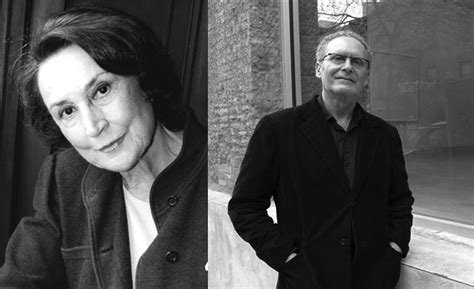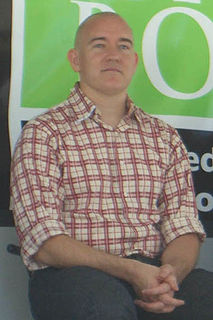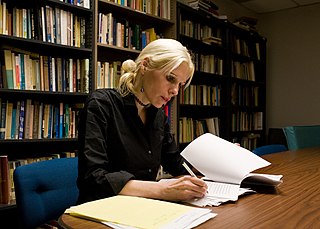A Quote by Fran Lebowitz
The first people who died of AIDS were artists. They were the most interesting people.
Quote Topics
Related Quotes
The strange thing about my life is that I came to America at about the time when racial attitudes were changing. This was a big help to me. Also, the people who were most cruel to me when I first came to America were black Americans. They made absolute fun of the way I talked, the way I dressed. I couldn't dance. The people who were most kind and loving to me were white people. So what can one make of that? Perhaps it was a coincidence that all the people who found me strange were black and all the people who didn't were white.
What's happening in the larger world always influences art. When I first started the gallery in 1959, one of the first things I learned was that most people assume artists know one thing and one thing only - that they were idiot savants. I found very quickly that most artists were very informed and very aware of what was happening in the world around them. So all of those things go together, especially for earthworks. And at that time there was such an intense interest in American art. So there was a great deal of attention paid to where it was going.
I think the entrepreneurial activities that make art visible and attractive are what lure people into the amusement park that SoHo has become or that Bushwick or Williamsburg has become. It's not that outsiders come to an area because they hear artists are living there. A lot of people came who were not that interested in living with artists, but they were interested in living like artists and socializing the way that they thought artists socialized.
Because gay people were so much more visible, violence against gays was more common and reported on. But they were definitely related to each other. In the wake of AIDS, gay people felt like they had to organize, become much more active and visible. AIDS fostered a gay rights movement that made gay people more powerful and more vulnerable at the same time.
It is the first time since 1993 that Russians have come out into the streets without an explicit permission from the government to do so. The main difference between the protests of 2011-2012 and these protests today is that they didn't have permits. These were - the people who were coming out into the streets were very young people, for the most part, who knew that they were all risking arrest. It's an extraordinary event.
It was assumed that you can't touch evangelical Christians. "Oh, they're the Republican Right. Stay away from those people. Don't even try to talk to them." Well, what's interesting is that there were evangelical Christians who were voting for Kerry. There were right-to-lifers who were voting for Kerry. And it's interesting to listen to the reasons why. To ignore that segment of the electorate is moronic. Particularly if you don't know who those people are, or what their concerns are.
Most people assume that folks with amazing mental abilities were born this way and that they operate on a plane that's inaccessible to the rest of us. But nothing could be further from the truth. For more than a decade, I've studied people with uncanny abilities - card counters who can beat the house, self-taught artists, people who can remember an unbelievable amount of information. Here's the thing: These weren't innate skills - they were acquired.
































